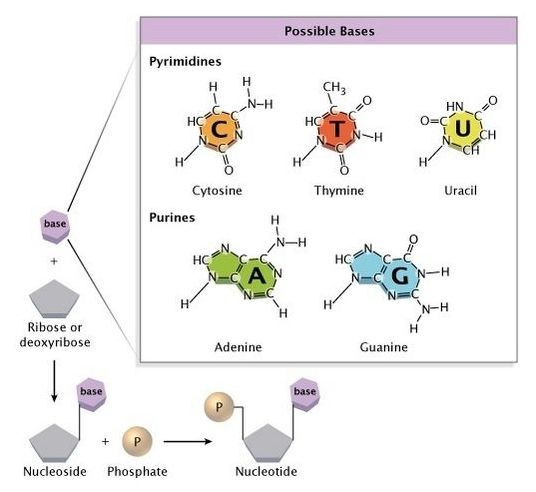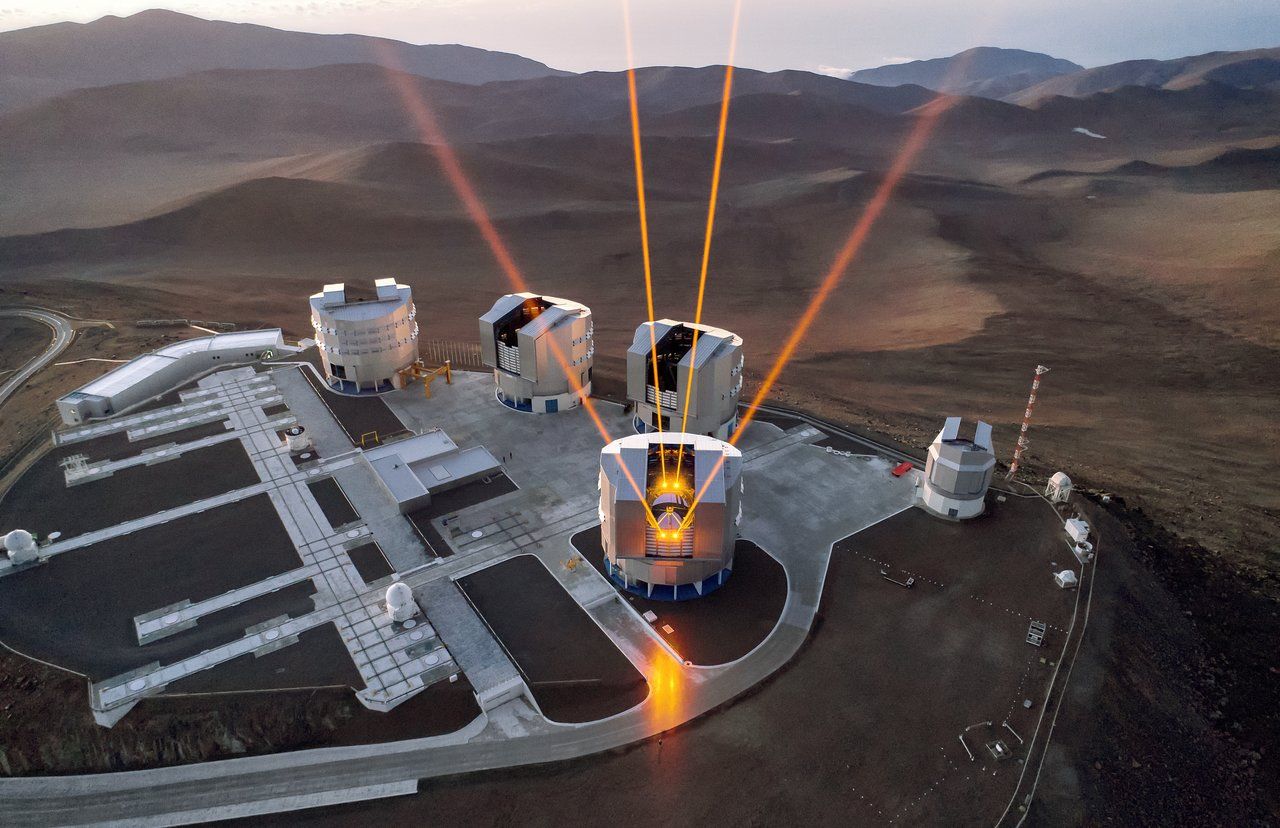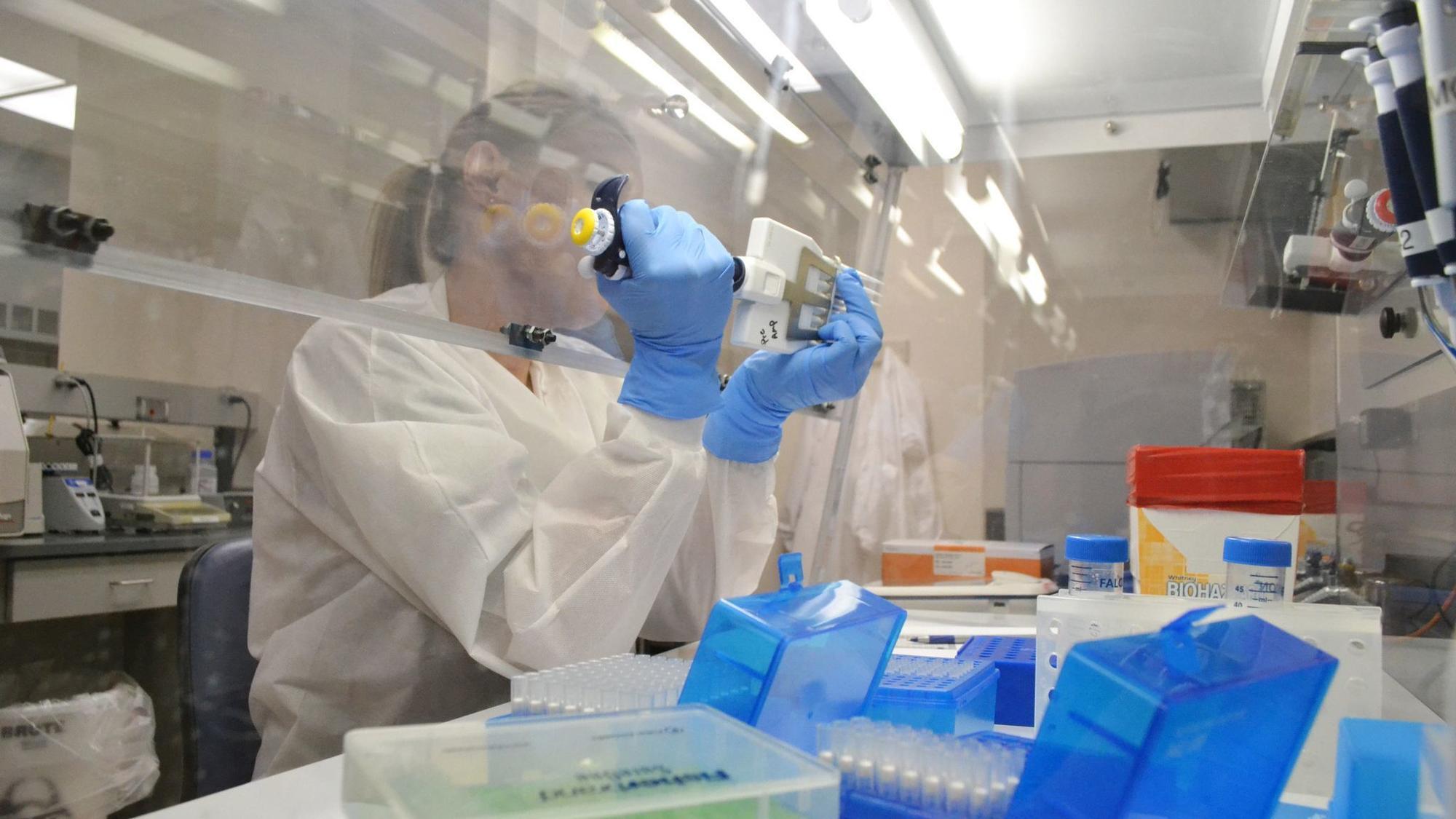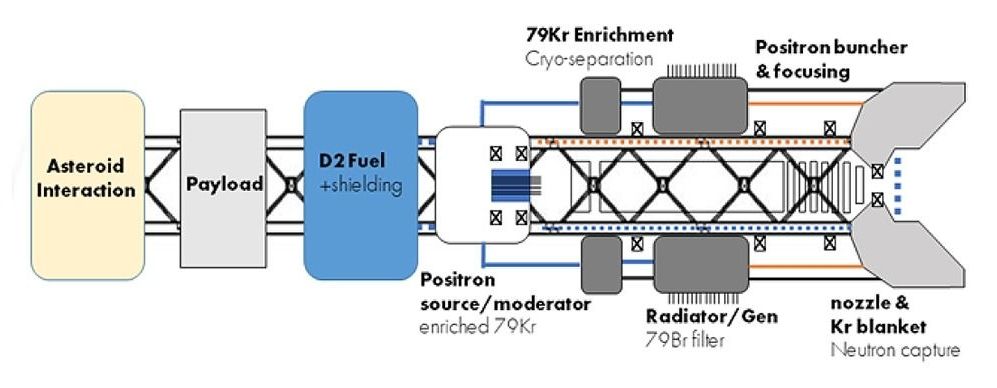Important — “Understanding the mind of another person is therefore enabled by getting perspective, not simply taking perspective.”
I still remember the time I tried to comfort one of my best friends when her father died. Because I’d lost my own parents years before, I thought I understood her pain. But, when I offered sympathy, she balked. Her father’s death had been transcendent, filled with love and family connection. She didn’t feel pain; she felt at peace.
Trying to see where another person is coming from is often touted as a key to empathy. If we imagine ourselves in their shoes, the thinking goes, we’ll be able to predict their feelings and their behavior, bridging the gap between self and other. This is considered a skill—sometimes called “theory of mind”—that begins in childhood and develops throughout our lives, helping us to navigate social situations gracefully.
But a newly published study (see below) suggests that trying to take another perspective may be less beneficial than we think—at least when it comes to truly understanding another person. The alternative? Direct questions and answers. If people can’t read each other’s minds, then we need to use our words.








